CHLAMYDIA:HOW DANGEROUS IT CAN BE AND HOW TO PREVENT IT
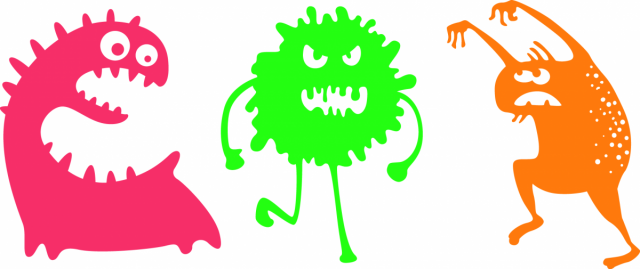
WHAT IS CHLAMYDIA?
Chlamydia is a sexually transmitted infection caused by bacteria called Chlamydia trachomatis is an STI that can be passed on through vaginal, anal and oral sex. Most people in the world conversant with diseases like HIV/AIDs,SYPHILLIS,STAPHILLOCOCCCUS and GONORRHEA .Chlamydia is one of the most widespread infections and can lead to serious consequences if not treated properly and those who practices unprotected sex can contact the infection as it is transmitted during vaginal, anal and oral contacts.
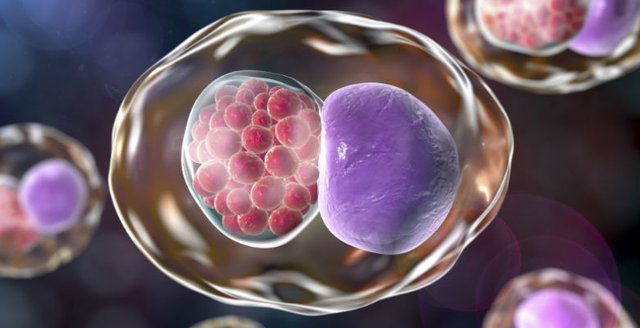
RISK FACTOR:
Chlamydia can be spread during vaginal, anal, or oral sex, and can be passed from an infected mother to her baby during childbirth.[1] The eye infections may also be spread by personal contact, flies, and contaminated towels in areas with poor sanitation.
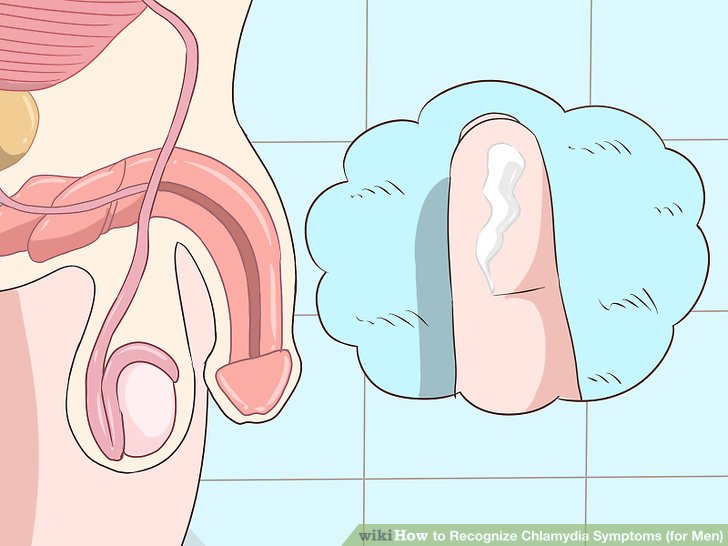-Step-1-Version-4.jpg)
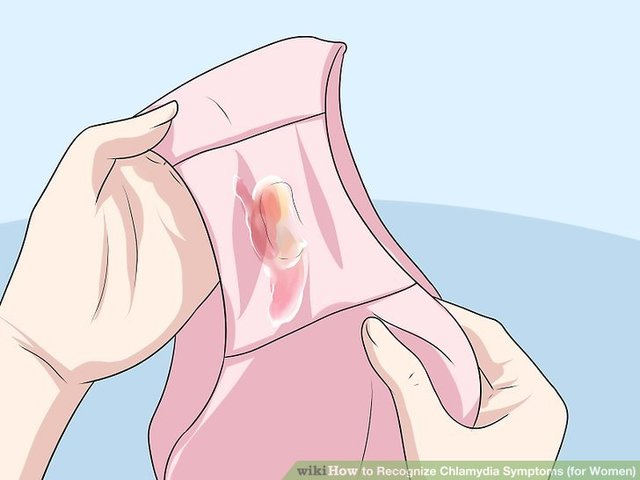-Step-1-Version-3.jpg)
Many people with chlamydia experience no symptoms. If symptoms do appear, they can become noticeable between one and three weeks after infection. In others, it can take a number of months or until the infection spreads to other parts of the body
Men and women can both get the infection, but women are more likely to be diagnosed. Statistically, you’re more likely to get an STI if you have sex with more than one person. Infection rates are highest among younger women, partly because their immature cervical cells are more vulnerable to infection, but older age isn’t a protection
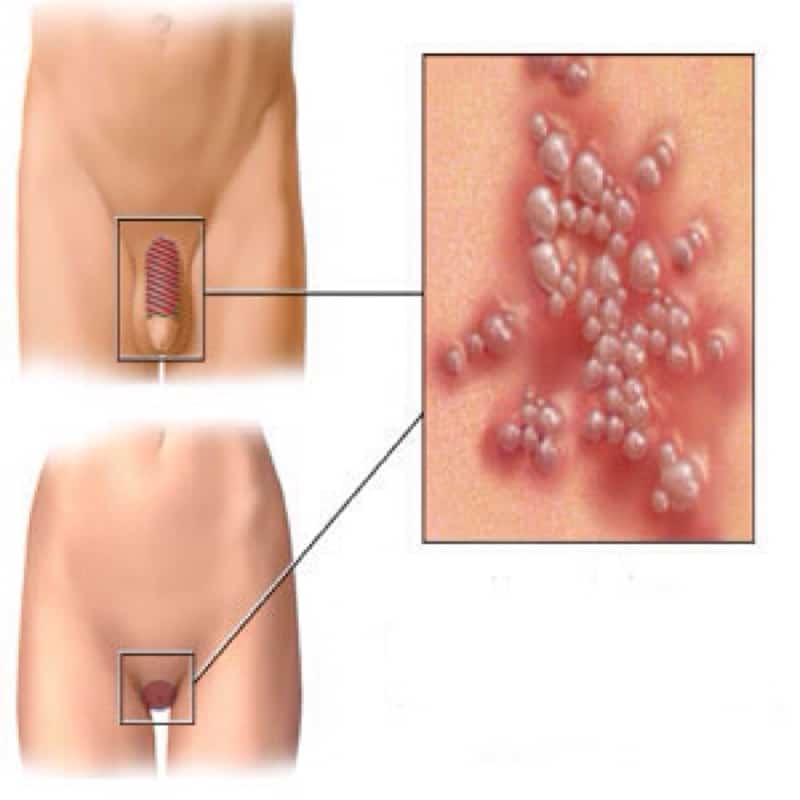
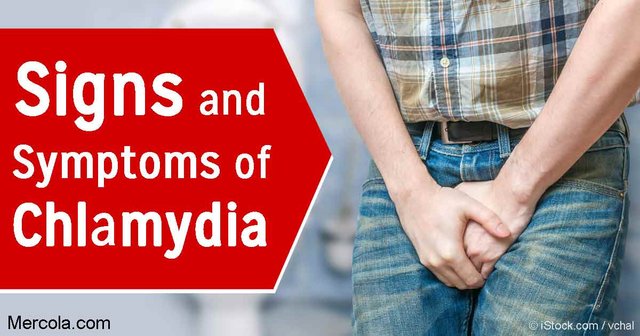
SIGNS AND SYMPTOMS:
Early-stage Chlamydia infections often cause few or no signs and symptoms. When signs or symptoms occur, they usually start one to two weeks after exposure to chlamydia. Even when signs and symptoms occur, they're often mild and passing, making them easy to overlook.
They include:
Painful urination
Lower abdominal pain
Vaginal discharge in women
Discharge from the penis in men
Painful sexual intercourse in women
Bleeding between periods and after sex in women
Testicular pain in men
PREVENTION:
Getting tested for chlamydia is simple and infection can be easily treated with a short course of antibiotics.
Prevention is by not having sex, the use of condoms, or having sex with only one person, who is not infected.[1] IT can be cured by antibiotics with typically either azithromycin or doxycycline being used.[2] Erythromycin or azithromycin is recommended in babies and during pregnancy.
Don’t have sex during the treatment time. You can get chlamydia if you’re exposed again, even if you’ve treated a previous infection.
Take all medication as prescribed until the pills are gone. Waiting too long to treat chlamydia can cause serious complications. Make sure you talk to a doctor as soon as you think you might have been exposed.
LET ME END IT HERE,
you can upvote, comment and resteem.THANK YOU